Posted by Janine Griffiths
How home adaptations for elderly people can boost safety
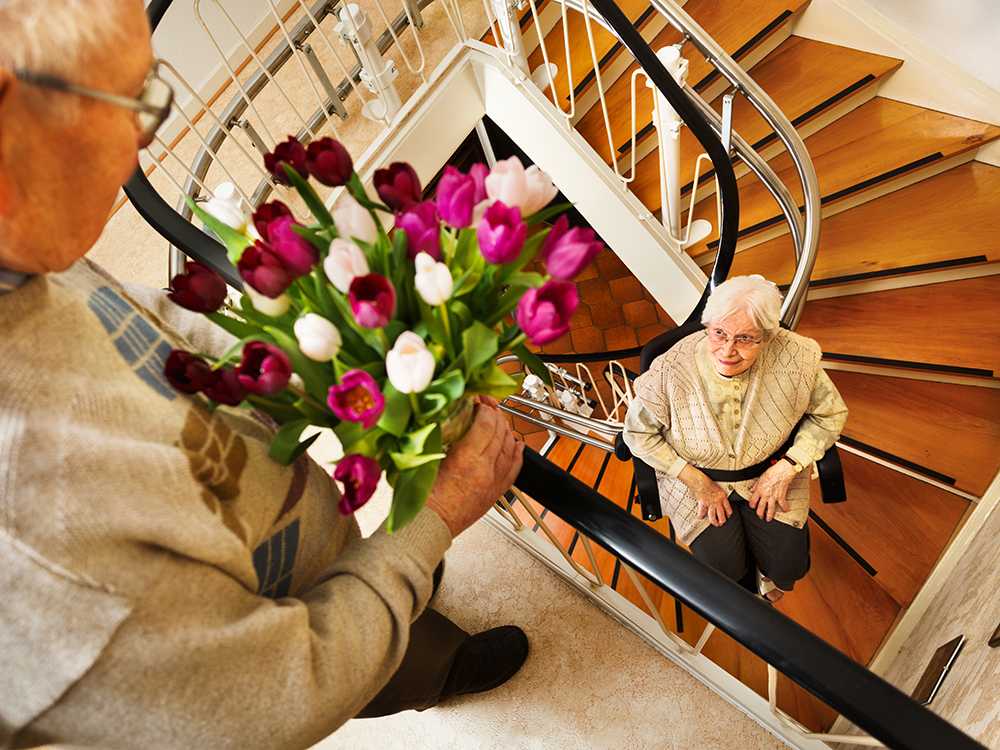
As we age, our needs evolve, and our living environment may no longer be as suitable as it once was.
The risk of falls and accidents increases, posing greater threats to our health and safety. When these challenges arise, it may be time to consider making adjustments to the home.
Home adaptations for elderly people can create a safer, more comfortable environment, helping maintain independence and allowing for a fulfilling life without the need for a care facility.
Why home adaptations are necessary for elderly people
The older we get, the more our physical abilities naturally change. Reduced mobility, balance issues, and sensory impairments become more common, making everyday tasks and movement around the home challenging. These changes can significantly increase the risk of accidents, which are one of the leading causes of injury among elderly individuals.
With more than one in four older people aged 65 and over suffering falls each year, the risk of serious injury is not only prevalent but significant.
Falls pose severe consequences for older people, such as broken bones and also head injuries, which are the leading cause of injury-related deaths among people aged over 75 in the UK. They also cost the NHS more than £2 billion a year and over 4 million bed days.
While there are exercises you can do to prevent falls, making adaptations to the home can significantly reduce the likelihood of falling.
Simple modifications such as installing grab bars, widening doorways, or adding ramps can make a big difference in reducing risks. Additionally, these changes can enhance overall mobility, allowing elderly individuals to move freely within their homes, maintain routines, and live comfortably.
For more information on how to stay independent and live at home for as long as possible, check out our blog, ‘How to stay independent and live at home for longer.’
Get a home assessment
A free home assessment is available from the local council. This is especially recommended for individuals who are struggling with daily activities or are at risk of falls or accidents in the home.
During an assessment, an occupational therapist will visit the home to determine what challenges a person is having, and whether any changes are required. They may make recommendations about whether any home adaptations for elderly people are needed.
This includes things such as installing handrails, stair lifts, widening doorways, lowering kitchen worktops, installing an outdoor ramp or step rail, and bathroom adjustments, among other things.
Financial support for home adaptations
If it is determined that home adaptations are needed, the council may be able to pay for modifications that cost less than £1,000 each.
For more extensive and costly home modifications, the following sources of funding may be available:
Disabled Facilities Grant (DFG)
The Disabled Facilities Grant (DFG) is a government-funded program designed to assist with the cost of home adaptations. It is available to eligible individuals who need to make changes to their homes due to a disability. This could include installing stairlifts, widening doorways, or creating accessible bathrooms.
The government may grant up to £30,000 in England, £36,000 in Wales and £25,000 in Northern Ireland towards the cost of making adaptations. However, it is worth noting that the disabled facilities grant isn’t available in Scotland. To find out more about what support is available in Scotland click here.
It is worth noting that a financial assessment is required to determine eligibility for this grant and to assess whether a contribution towards any modifications will be necessary.
Charities and support for home adaptations
Charities such as Age UK, Independence at Home, and Turn2Us provide grants or advice on finding funding sources for making adaptations to the home. Some local councils may also have additional schemes that offer support for smaller home improvements. It's worth contacting both local and national organisations to explore all available options.
Key areas to consider for home adaptations
When making changes to the home to improve safety and independence, several key areas should be considered to enhance mobility, accessibility, and overall comfort.
Mobility & accessibility: To improve mobility around the home, consider installing ramps, stairlifts, or widening doorways to accommodate mobility aids. Creating an open layout can also make it easier to navigate the space without obstacles.
Bathroom modifications: For increased safety in the bathroom, installing grab bars, walk-in showers, or shower chairs is recommended. Adding raised toilet seats and anti-slip flooring further reduces the risk of falls and improves comfort for those with mobility challenges.
Kitchen adaptations: In the kitchen, lowered countertops and cabinets make everyday tasks more manageable. Additionally, easy-to-use appliances with clear, accessible controls can simplify meal preparation and other daily activities.
Lighting & visibility: Good lighting is crucial for preventing accidents. Installing bright, motion-sensor lighting can ensure that all areas are well-lit when needed. Enlarging windows or adding extra light fixtures further improves visibility throughout the property.
Bedroom modifications: In the bedroom, adjustable beds can make it easier to get in and out of bed more easily, providing greater independence and comfort.
The specific changes required for a home will vary based on individual circumstances, but the examples listed above highlight some of the most common modifications.
Technology to support independent living
Advancements in technology can significantly enhance safety and independence for seniors, allowing them to live more comfortably at home. Below is a list of some of the devices that can be used to enhance safety around the property.
Smart home devices: Smart home devices play a key role in home adaptations for the elderly. Voice-activated assistants can control lighting, appliances, and emergency alerts, making it easier for those with limited mobility to manage their home environment without physical strain.
Fall detection systems: Fall detection technology, including sensors and wearable devices, can automatically alert caregivers or family members in the event of a fall. These systems help ensure timely assistance in emergencies, reducing the risk of serious injury.
Security & monitoring systems: Home security cameras and monitoring systems contribute to overall safety by allowing real-time surveillance of the property. These systems offer peace of mind for both residents and their families, as they can monitor for any potential threats or hazards.
Accessible storage & controls: Placing storage areas and controls for lighting or temperature within easy reach ensures greater convenience and independence. Having bedside controls for these functions allows individuals to manage their environment without needing assistance.
Looking for the right care provider?
Searching for a home care provider that can provide additional assistance with everyday tasks and personal care? Autumna can help.
Simply head over to our directory and select home care, or live-in care, if continuous support is needed. After selecting the care type, choose the preferred location and then press enter.
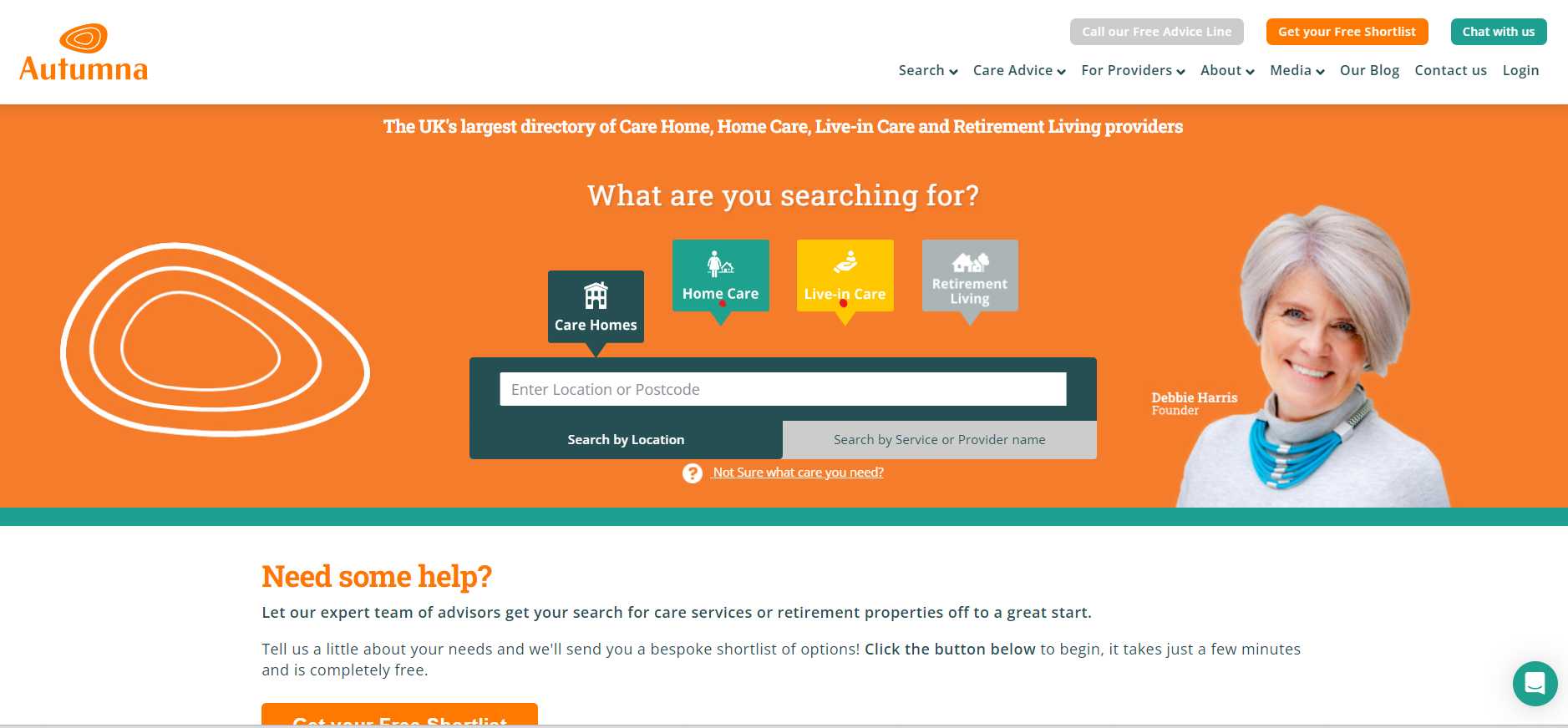
Autumna will then generate a list of available care homes in the chosen area. Alternatively, answer our short questionnaire to receive a list of providers that are more closely aligned with the stated requirements.
Our friendly and knowledgeable team of advisors are also available to help with additional queries on 01892 335 330.
Receive a Free Care Provider Shortlist!
Let our expert team of advisers get your search off to a great start.
Tell us a little about your needs and we'll send you a bespoke shortlist of care providers! Click the button below to begin, it takes just a few minutes.
Other articles to read
From the blog
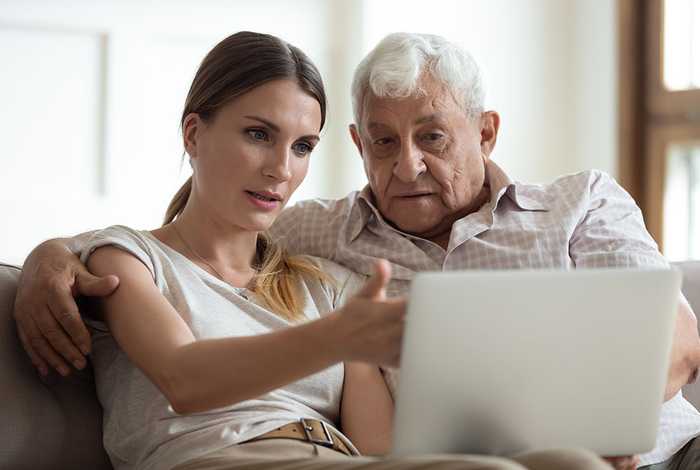
Older Persons Care Advice
How to talk to your parents about care options
October 2nd, 2025
Learn how to talk to your parents about care options with compassion. Explore choices together and plan for the future with dignity and respect.
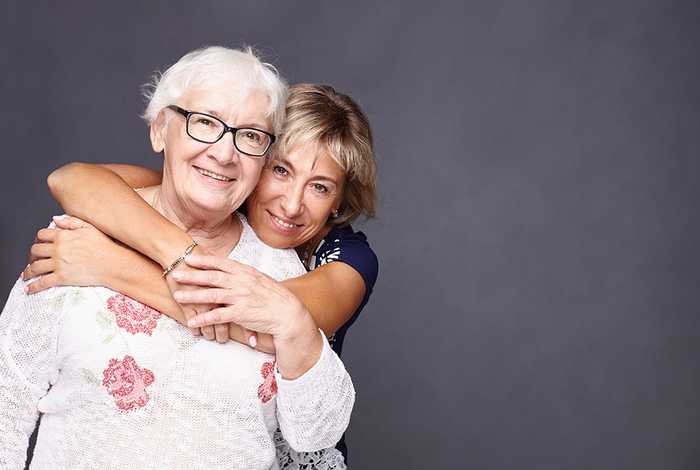
Older Persons Care Advice
Guide to empowering and promoting independence in older age
September 30th, 2025
Read our practical guidance for families on empowering and promoting independence in older age, helping loved ones stay confident and in control.
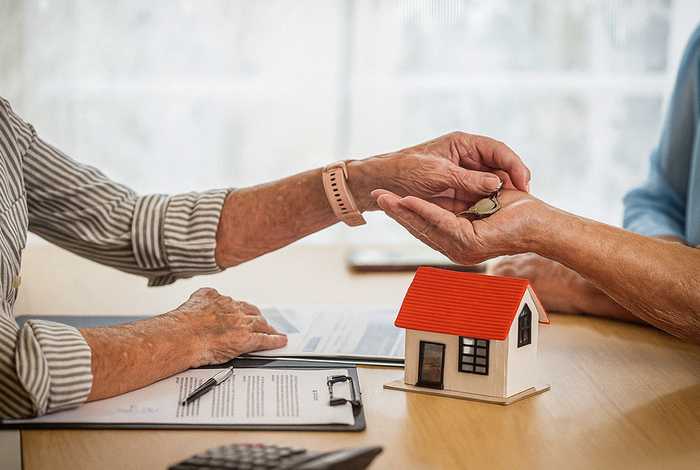
Older Persons Care Advice
Ultimate guide to jointly owned property and care home fees
September 26th, 2025
Understand jointly owned property and care home fees, how assessments work, and steps to protect your finances and plan ahead with confidence.
Frequently Asked Questions
Home adaptations for elderly people refer to modifications made to living spaces to enhance safety, accessibility, and comfort, reducing fall risks and promoting independence.
Home adaptations are important because they address the physical changes that occur with aging, helping to prevent falls and accidents while enabling individuals to maintain independence.
Various funding options, including the Disabled Facilities Grant, are available to assist with the costs of home adaptations for the elderly. A financial assessment may also be required and is available from your local authority.
Common modifications include installing grab bars, stairlifts, widening doorways, and enhancing lighting to improve safety and accessibility throughout the home.






